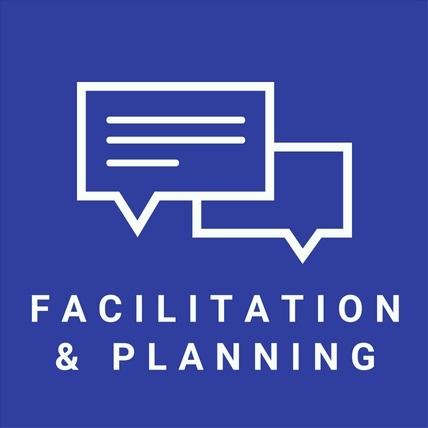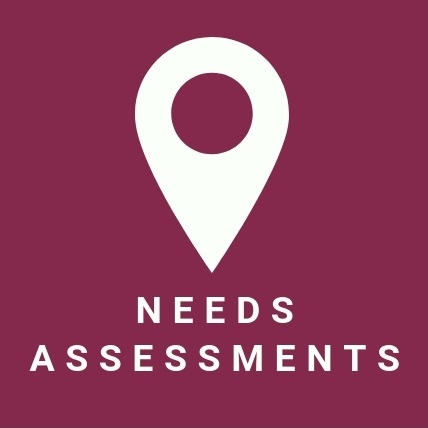Projects
CCBR typically has 15-20 ongoing projects and has completed over 450 projects since 1982. Each project is guided by our commitment to impacting social change in practical and powerful ways. We conduct research with people not on people, cultivating respect with communities at every step of the process.
Projects can be searched for using words from the project title or using the service area, theme, or date range for the project. You can also type 'Service Area' or 'Theme' into the search bar to get a list of options in each of these fields.
Projects
The purpose of this study was to determine Autism Spectrum Disorder-specific content for a website called ConnectABILITY.ca. Teens/adults on the spectrum, parents/caregivers, and service providers were surveyed and interviewed to give insight about useful information on the DSO passport funding process, service providers for ASD transitioning teens and adults, and additional tips and Frequently Asked Questions (FAQs). The study was funded by Kerry’s Place Autism Services (KPAS).
The purpose of this evaluation was to develop an evaluation framework and to support its implementation for the Supported Independent Living (SIL) program. The Bob Rumball Associations for the Deaf (BRAD) funded this project.
This project involved organizing and holding a two-day event for faith-based campuses and their partners to build their capacity in using community-based research to strengthen ministry service and outreach. The project was funded by Stronger Philanthropy via Crandall University.
The purpose of this project was to explore St Paul’s University College students’ need for wellness supports, what those supports may look like, and the role, if any, of St Paul’s in supporting students’ wellness.
During this nine-month research project, CCBR collaboratively explored the disruptive impact of the recent Syrian refugee crisis on the way local communities support newcomers. This was done in order to: 1) determine innovations in how local communities can better support refugees, and 2) determine how public policy can reinforce these innovations. This project was funded by SSHRC.
CCBR conducted an evaluation for the Transition Series event designed to understand the strengths and challenges of this event and the impact on participants. This work was funded by the Central Region Community Network of Specialized Care.







